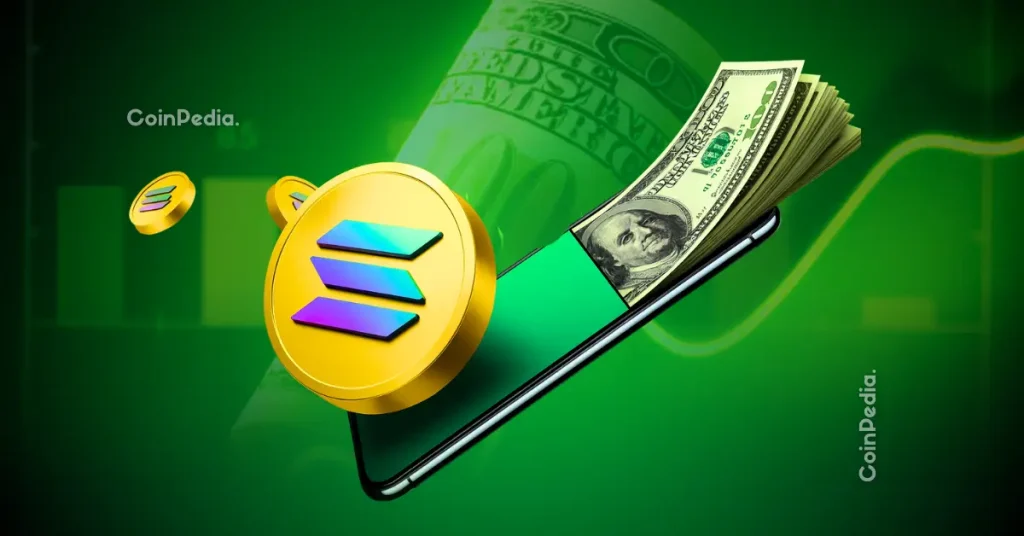The U.S. Securities and Exchange Commission (SEC) has taken a decisive step in favor of blockchain innovation by issuing a no-action letter to the emerging technology firm, DoubleZero. This initiative is indicative of a shift in the SEC’s approach toward accommodating blockchain ventures that deviate from conventional regulatory norms, thereby aiding in balancing innovation with compliance within the evolving landscape of cryptocurrency regulations.
How Did DoubleZero Approach Regulation?
With aspirations of steering clear of regulatory challenges, DoubleZero proactively engaged with the SEC. They sought assurance that their blockchain tokens, intended to reward decentralized network service providers, would not necessitate classification as securities, thereby avoiding the accompanying registration requirements.
“Rather than relying on centralized corporate structures to coordinate activity, DePIN projects enlist participants to provide real-world capabilities through open and distributed peer-to-peer networks,” said Commissioner Hester Peirce.
Could This Influence the Blockchain Sector?
Receiving a no-action letter from the SEC might pave the way for similar startups to grow unhindered by excessive regulatory oversight. This development offers a clearer path for developers who face the challenge of distinguishing between tokens and securities. Austin Federa, co-founder of DoubleZero, lashed out relief as this allows founders to concentrate more on project development than compliance obstacles.
This newfound transparency can catalyze the sector’s growth, sparking confidence in firms to embrace blockchain without unintended legal repercussions. However, firms must adhere strictly to the guidelines outlined in the no-action letter to evade regulatory punishment.
The SEC’s move earned commendation from proponents of decentralized finance, underscoring possibilities for positive regulatory engagement in the burgeoning crypto domain. As digital assets evolve, their acknowledgment and regulation are pivotal to maintaining robust growth.
Commissioner Peirce argues for adaptable regulatory methodologies, cautioning against applying old financial laws to new digital paradigms, as this could hinder technological advancement.
“Blockchain technology cannot reach its full potential if we force all activities into existing financial market regulatory frameworks,” she asserted.
– Improved regulatory clarity for blockchain innovations.
– Encouragement for startups to align within the SEC’s framework.
– Potential acceleration for industry growth without stifling innovation.
Providing a no-action letter to DoubleZero marks critical progress by the SEC in fostering guidance that nurtures both innovation and adherence to regulations. As blockchain technologies permeate more industries, the need for clear, foreseeable regulations becomes increasingly vital.
Disclaimer: The information contained in this article does not constitute investment advice. Investors should be aware that cryptocurrencies carry high volatility and therefore risk, and should conduct their own research.

















 English (US)
English (US)